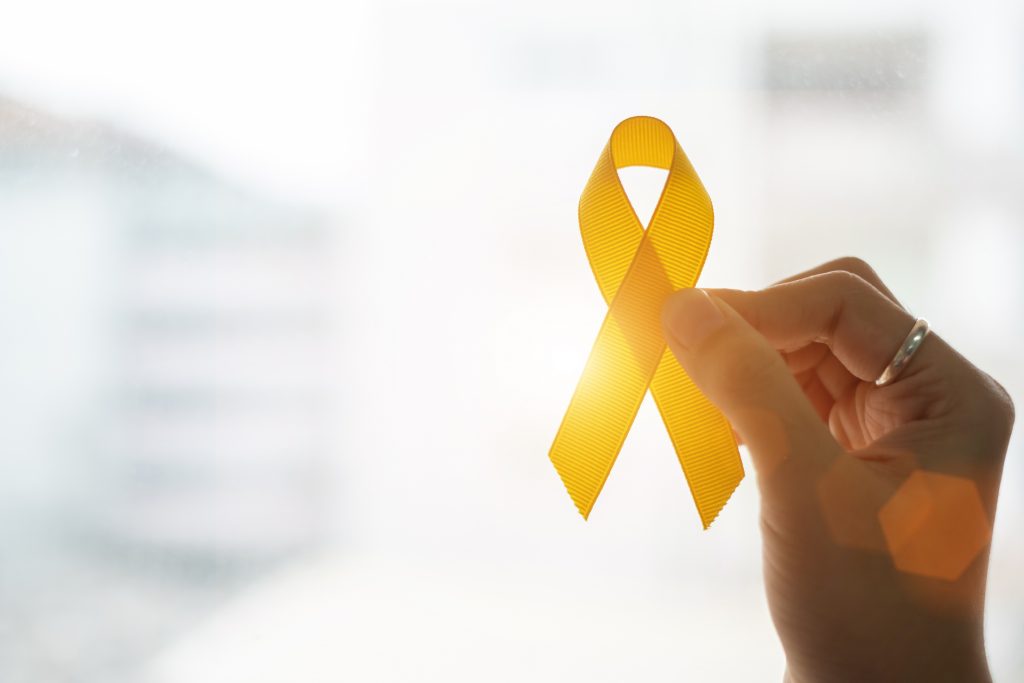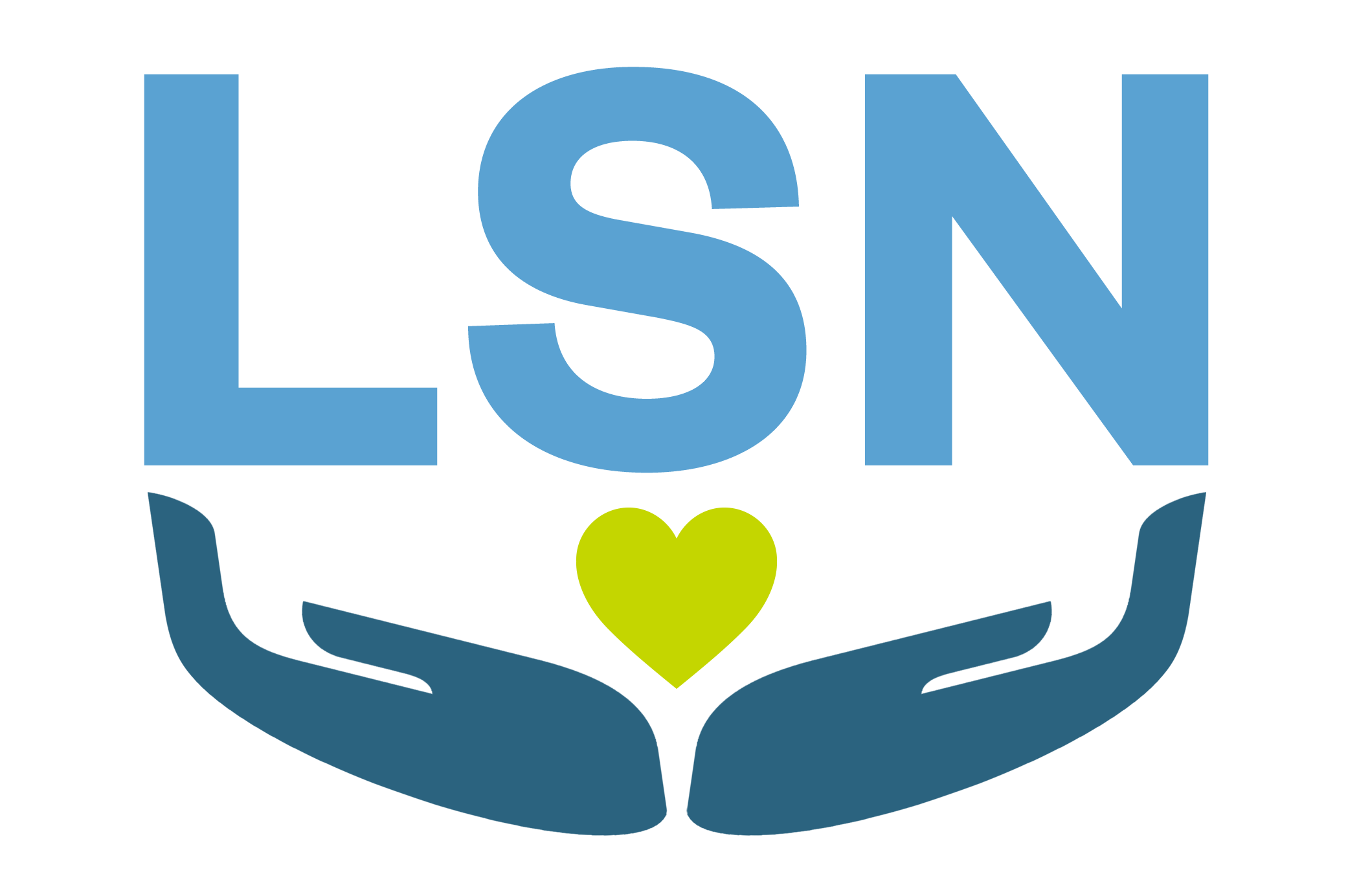UNC becomes home to new Suicide Prevention Institute

Originally Published on The Daily Tar Heel | By Anna Neil | September 26, 2022 | 5:27pm EDT
Content warning: This article contains mentions of suicide.
Spearheaded by Dr. Patrick Sullivan and Dr. Samantha Meltzer-Brody, the UNC Suicide Prevention Institute is a new addition to UNC's campus, with the goal of reducing "the morbidity and mortality of suicide in patients" both in and outside the UNC Health Care system.
The institute, housed within the School of Medicine’s Department of Psychiatry, was funded by a $25 million gift from William and Dana Starling.
The institute comes to the University during what Meltzer-Brody described as "a public health crisis of suicide." In North Carolina, suicide is the second leading cause of death for 10 to 18-year-olds, and the third for 19 to 34-year-olds, according to data from the North Carolina Department of Health and Human Services’ 2022 Suicide Prevention Action Plan.
UNC's campus saw this firsthand after several student deaths during fall 2021 — events that Sullivan, the director of the Institute, said he considered during its creation process.
“Sam and I have had a lot of conversations about what happened last year and obviously those are just huge tragedies,” Sullivan said. “And again, this is a warning flag. And there's a lot of things that we need to do to try to make a dent in this. And that's a big part of what the institute that we're forming needs to do.”
William Starling — a 1975 UNC graduate — and Dana Starling lost both of their sons, Tyler and Gregory, to suicide. They donated to the University in their sons' honor.
“Our two children are gone, and it’s important to recognize their wonderful, short lives,” William Starling said in a statement. “I’m not sure how else to better do that than to help other families who may be struggling with their own children down the road. We want to recognize our children, and this is a special way to do that.”
Sullivan said the discussion on how to use the gift started around six months ago, and during those conversations, he got to know the Starlings better. After talking with the family, Sullivan and Meltzer-Brody began to put together a detailed proposal.
The structure of the Institute is three-fold, according to Sullivan. First, he said the Institute will work with patients who have attempted suicide.
“And that means that every person who comes to UNC Health after having made a medically serious suicide attempt, it's a chance to do something better, it's a chance to intervene,” Sullivan said.
Second, the Institute will focus on detection and prevention, specifically in teens and young adults, Sullivan said. Finally, the Institute will foster research development.
“I think that one of the things that has been really, really difficult is that the mental health profession has not to date been able to very accurately predict who's at risk or intervene in a way to change the trajectory that we've seen associated with increasing prevalence of suicide,” Meltzer-Brody said. “And there's a need to do things differently.”
Meltzer-Brody said she wants the Institute to develop ways to intervene within the UNC Health Care system. Using electronic medical records, Meltzer-Brody hopes to build a system that identifies patients with suicidal thoughts or attempts, in order to make sure they are referred to care and followed into care.
Navigating the healthcare system can be challenging and people are often not kept track of appropriately, Meltzer-Brody said. She hopes the Starlings' gift will provide additional resources to patients, offering a higher level of support and ensuring better outcomes.
Meltzer-Brody added a fourth prong to the structure of the Institute: broader community engagement.
“My vision is that we are able to have very quick impact on developing a clinical care delivery system that allows us to be very effective at identifying people at risk and really changing the trajectory of how they get care,” Meltzer-Brody said. “Those are things, hopefully, we can do much more quickly.”
She said this opportunity represents the important partnership between the University, the School of Medicine, the Department of Psychiatry and UNC Health Care — a partnership through which the Institute will be able to have maximal impact.

